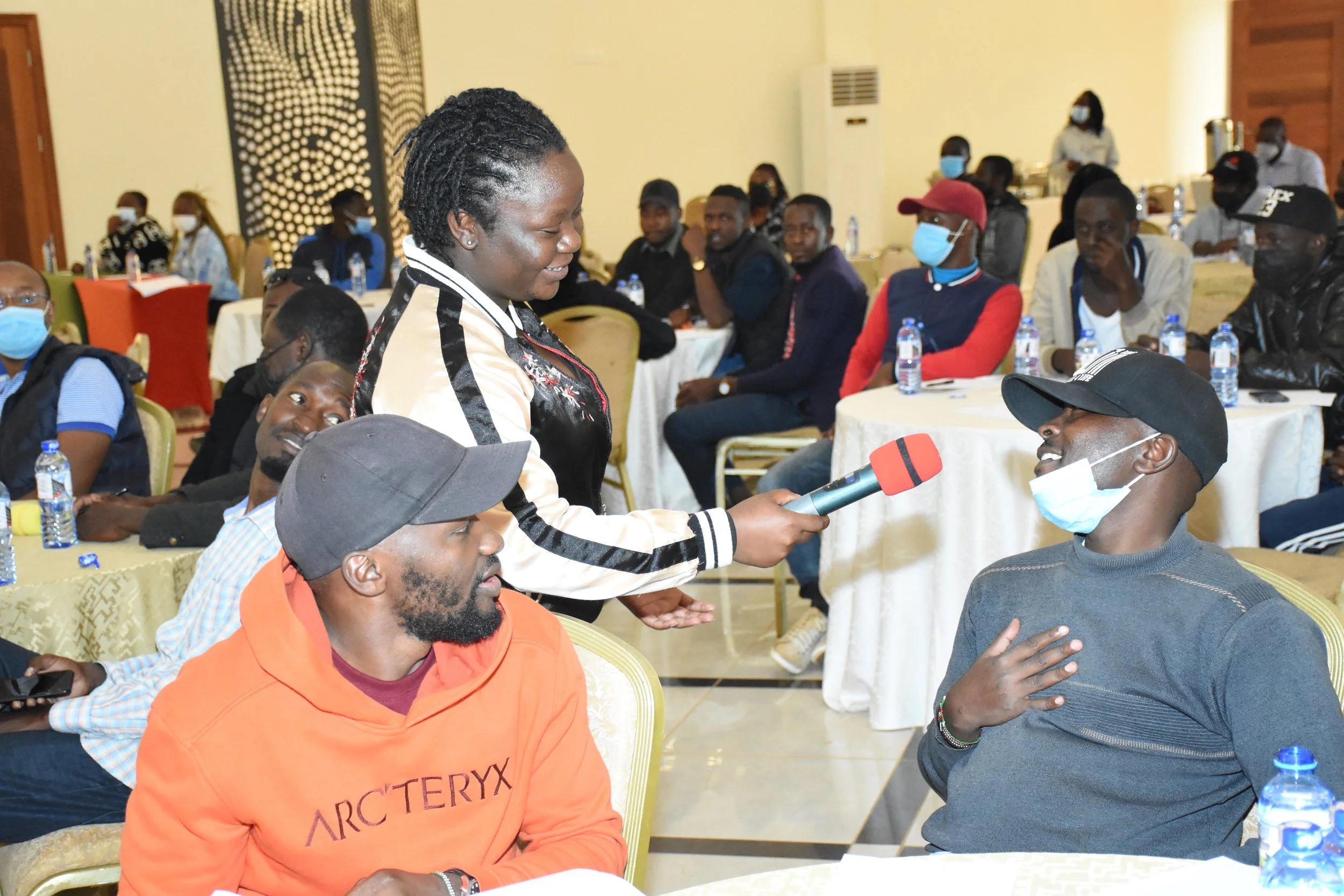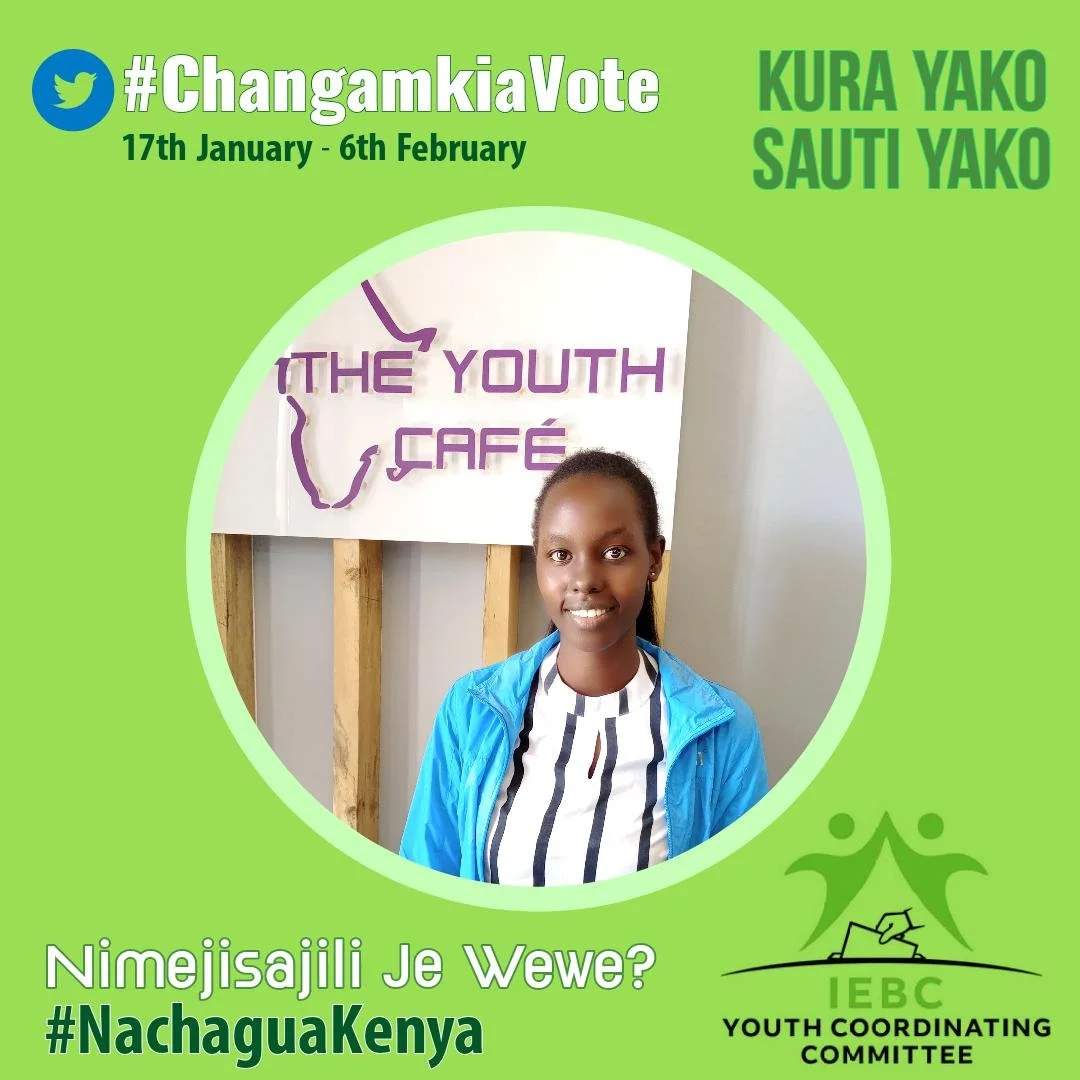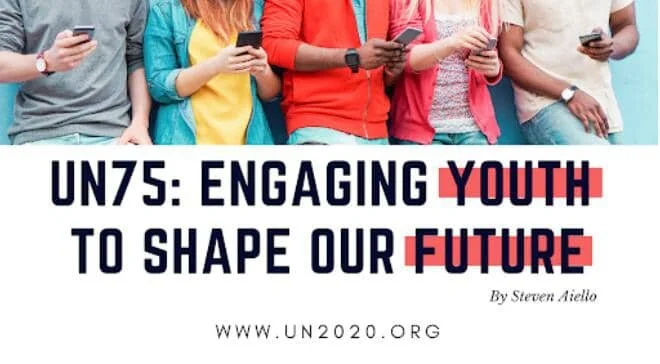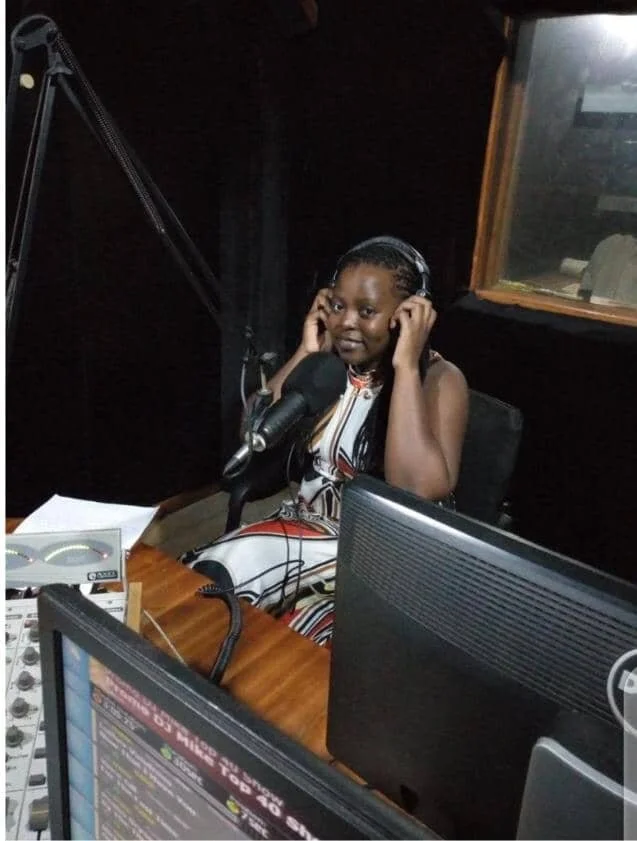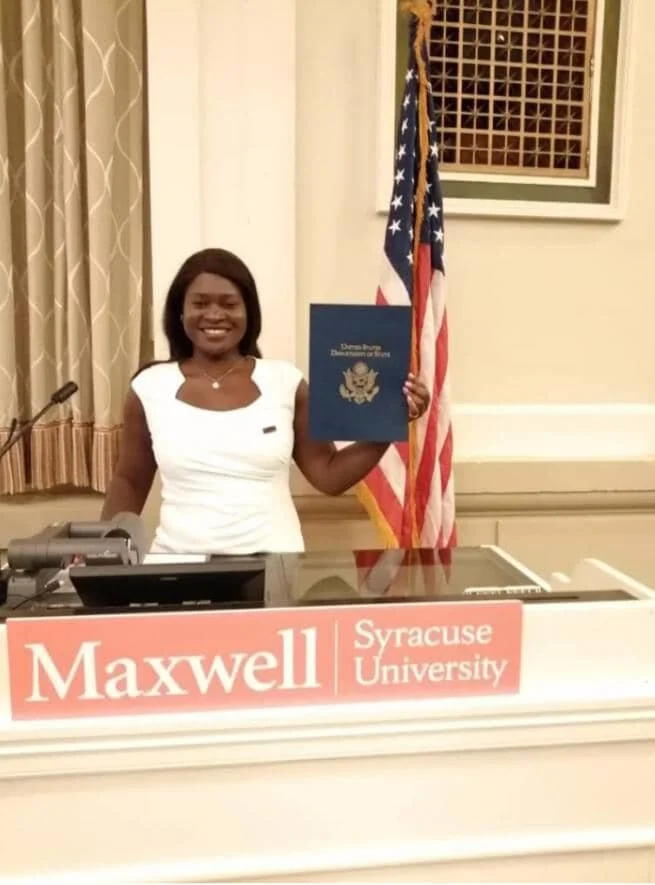The 7th EU-Africa Business Forum (EABF22) took place online from 14th to 18th February 2022 and in a hybrid format on the 16th and 17th of February 2022, at The Square, in Brussels (Belgium). The Forum was jointly promoted and sponsored by the European Commission and the African Union Commission and organized in partnership with the Pan-African business organizations Africa Business Council, Pan African Chamber of Commerce and Industry, AfroChampions, Business Africa, and the PanEuropean business organizations Business Europe, European Business Council for Africa and the Mediterranean, Eurochambres and European Entrepreneurs CEA-PME.
Unlocking Finance To Build Forward Better From The Covid-19 Crisis & Accelerate Delivery Of Sustainable Development.
The African government's economic crisis over the Covid-19 Pandemic equals (1 to 7)% of their GDP, contributed by African Governments deploying fewer funds and measures for high-quality recovery. At The Youth Café, we believe that there is a need for financial education. This will increase unlocking finance to build forward better from COVID-19 and accelerate delivery on Sustainable Development as intended: To identify effective measures to address the overarching challenge of mobilizing adequate and sustainable finance to invest in sustainable recovery from the COVID-19 crisis and accelerate the implementation of the 2030 Agenda and Agenda 2063. To identify and articulate the financing needs and provide high-level insights on opportunities to mobilize finance, focusing on the role of the Liquidity and Sustainability Facility designed and launched by ECA and partners.
How Does The Youth Café Promote Critical Citizenship Among Youth In Kenya?
The Youth Café trains the youth on civic education driven by result-oriented, evidence-based performance, which informs Our Theory of Change: A Pathway for Action, Sustainability, Results, Learning, and Adoption. These changes include institutional changes, service systems, community norms, partnerships, public will, policies, regulations, service practices, business practices, and issue visibility.
The High-Level Global Conference On Youth-Inclusive Peace process | The Youth Café.
The High-Level Global Conference on Youth-Inclusive Peace Process was held virtually on 20-21 January 2022, co-hosted by Qatar, Finland, and Colombia, and co-organized with civil society and UN partners. It began with a Youth Pre-Event on 19 January 2022, leading up to the Global Conference on 20-21 January 2022. The high-level conference aimed to secure national commitments to advance the country-level operationalization of the Youth Peace Security agenda and strengthen political will and commitment to including youth in peace processes. Interactive and action-oriented discussions convened across five themes building on the Youth Peace Security agenda between Heads of State and other High-Level Government representatives, young peacebuilders, and representatives of intergovernmental organizations, CSOs, academia, and donors.
The Youth Café At The Voluntary National Review-Voluntary Local Review Workshop.
Voluntary National Review is a strategy based on the 2030 Agenda: Member states to "conduct regular and inclusive reviews of progress at the national and sub-national levels, which are country-led and country-driven. Like the 2030 Agenda of participation, The Youth Café strives for global connection, has reached over 72 countries, and is a local and national rope for achieving goals. The Youth Cafés principles are a call to action for governments, civil societies, private and public sectors, bi- and multilateral, and knowledge institutions. To invest in mutual prospects and work in partnership for sustainable development.
How Can We Get More Young People To Register As Voters.
Acknowledging the dire need for increased youth participation in the electoral process, The Youth Café has been working on ways to get more young people to register as voters. Research by the Office of the United Nations High Commissioner for Human Rights (OHCHR), shows that the youth could be largely categorized in three distinct demographics, classified according to age; with the first demographic being young people aged between 18-24 years, then 25-29 years and 30-35 years. Each of these key demographics will require a different approach to get them to register as voters.
Excerpt Two From A Recent Interview With University College London | The Kenyan Social Enterprise Ecosystem Landscape
Earlier this year, The Youth Café was interviewed by Eliana Summer-Galai, a Masters student with the Institute of Global Prosperity at University College London (UCL). This interview was to provide insight into her research on the Kenyan Social Enterprise Ecosystem. This is the second post of the series on How we would describe the Kenyan Social Enterprise Ecosystem landscape.
UN75: Engaging Youth To Shape Our Future
UN75 is an opportunity to re-engage the global community, from the world leaders giving addresses at the General Assembly, to the billions of citizens watching those speeches from home. We cannot expect anyone else to solve our problems. Everyone has a role to play, a way to contribute, and a valued voice to add to the conversation. That’s the beauty of the UN75 initiative. I believe strongly in that message, having spent the better part of the last decade empowering Israeli and Palestinian youth to tackle regional and global challenges via Model United Nations (MUN).
Meet The Young Woman In Uganda Advocating For Women’s Health. Her Secret? Love What You Do.
“In my four years of clinical practice, I witnessed how much misinformation resulted in serious health problems for the public,” Brenda says. “Health education matters a lot in Uganda because the prevalence of infectious and non-communicable diseases is still very high.”Indeed, the prevalence of non-communicable diseases such as cardiovascular disease, chronic respiratory disease and cancer has increased rapidly in years past, accounting for 35 percent of the country’s deaths in 2014, according to the World Health Organization.
A Free And Fair Media Starts With Us, Says One Young Leader In South Sudan
“In South Sudan, the media plays a pivotal role in enhancing the peace processes and in promoting harmony in the conflict-torn country. It’s disseminated important information about the peace agreements and provided a platform for discussion,” Margaret says. Equipped with accurate information about the state’s peace process, Margaret explains, she and her peers were better able to not only follow national developments but also to raise important questions and voice their concerns in an open forum.




